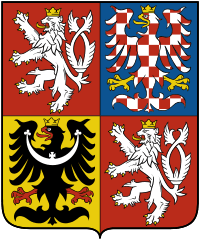Comparative study of Huntington’s disease using biochemical, immunocytochemical and molecular genetic methods on the mouse, minipig and human tissues and cells

Published
Updated 23-12-2014
- region changed
| Region | National coverage |
|---|---|
| Title of the Programme | Czech-Norwegian Research Programme |
| Title of the Project | Comparative study of Huntington’s disease using biochemical, immunocytochemical and molecular genetic methods on the mouse, minipig and human tissues and cells |
| Number of the Project | 7F14308 |
| Project Promoter |
Institute of Animal Physiology and Genetics AS CR
|
| Name of Norwegian Partner(s) |
Oslo University Hospital |
| Name of Local Partner(s) |
Charles University in Prague |
| Objective of the Project |
Huntington’s disease (HD) is a fatal progressive neurodegenerative disorder caused by a polymorphic trinucleotide CAG repeat expansion in exon 1 of huntingtin gene (HTT). The pathogenesis of this disease, an exact mechanism, how mutant HTT induces selective eurodegeneration, still remains to be elucidated. The grant proposal is based on omparative studies of tissues and cells isolated from mice (R6/2) and minipigs transgenic for N-terminal part of human mutated HTT (TgHD) as well as HD patients. The unique biological material will be examined for CAG instability, mitochondrial functions and Golgi complex proteins, and mutant HTT ggregation process in cooperation of four aboratories (2 Norwegian and 2 Czech). |
| Approved grant |
936 566 EUR |
| Project Duration | Start date: 15th July 2014, End date: 30th April 2017 |

